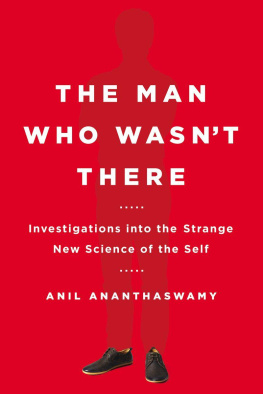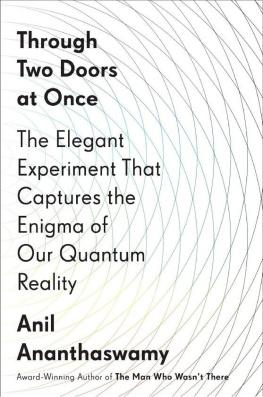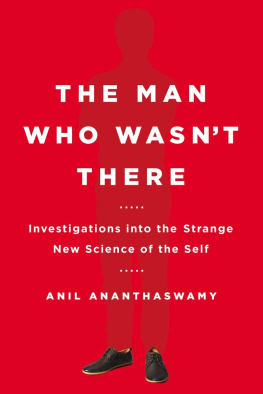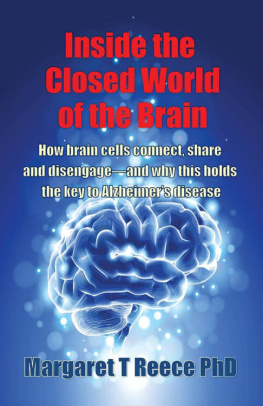Anil Ananthaswamy - The Man Who Wasnt There: Investigations into the Strange New Science of the Self
Here you can read online Anil Ananthaswamy - The Man Who Wasnt There: Investigations into the Strange New Science of the Self full text of the book (entire story) in english for free. Download pdf and epub, get meaning, cover and reviews about this ebook. year: 2015, publisher: Dutton, genre: Detective and thriller. Description of the work, (preface) as well as reviews are available. Best literature library LitArk.com created for fans of good reading and offers a wide selection of genres:
Romance novel
Science fiction
Adventure
Detective
Science
History
Home and family
Prose
Art
Politics
Computer
Non-fiction
Religion
Business
Children
Humor
Choose a favorite category and find really read worthwhile books. Enjoy immersion in the world of imagination, feel the emotions of the characters or learn something new for yourself, make an fascinating discovery.
- Book:The Man Who Wasnt There: Investigations into the Strange New Science of the Self
- Author:
- Publisher:Dutton
- Genre:
- Year:2015
- Rating:3 / 5
- Favourites:Add to favourites
- Your mark:
The Man Who Wasnt There: Investigations into the Strange New Science of the Self: summary, description and annotation
We offer to read an annotation, description, summary or preface (depends on what the author of the book "The Man Who Wasnt There: Investigations into the Strange New Science of the Self" wrote himself). If you haven't found the necessary information about the book — write in the comments, we will try to find it.
Anil Ananthaswamys extensive in-depth interviews venture into the lives of individuals who offer perspectives that will change how you think about who you are. These individuals all lost some part of what we think of as our self, but they then offer remarkable, sometimes heart-wrenching insights into what remains. One man cut off his own leg. Another became one with the universe.
We are learning about the self at a level of detail that Descartes (I think therefore I am) could never have imagined. Recent research into Alzheimers illuminates how memory creates your narrative self by using the same part of your brain for your past as for your future. But wait, those afflicted with Cotards syndrome think they are already dead; in a way, they believe that I think therefore I am not. Whoor whatcan say that? Neuroscience has identified specific regions of the brain that, when they misfire, can cause the self to move back and forth between the body and a doppelgnger, or to leave the body entirely. So where in the brain, or mind, or body, is the self actually located? As Ananthaswamy elegantly reports, neuroscientists themselves now see that the elusive sense of self is both everywhere and nowhere in the human brain.
Anil Ananthaswamy: author's other books
Who wrote The Man Who Wasnt There: Investigations into the Strange New Science of the Self? Find out the surname, the name of the author of the book and a list of all author's works by series.












